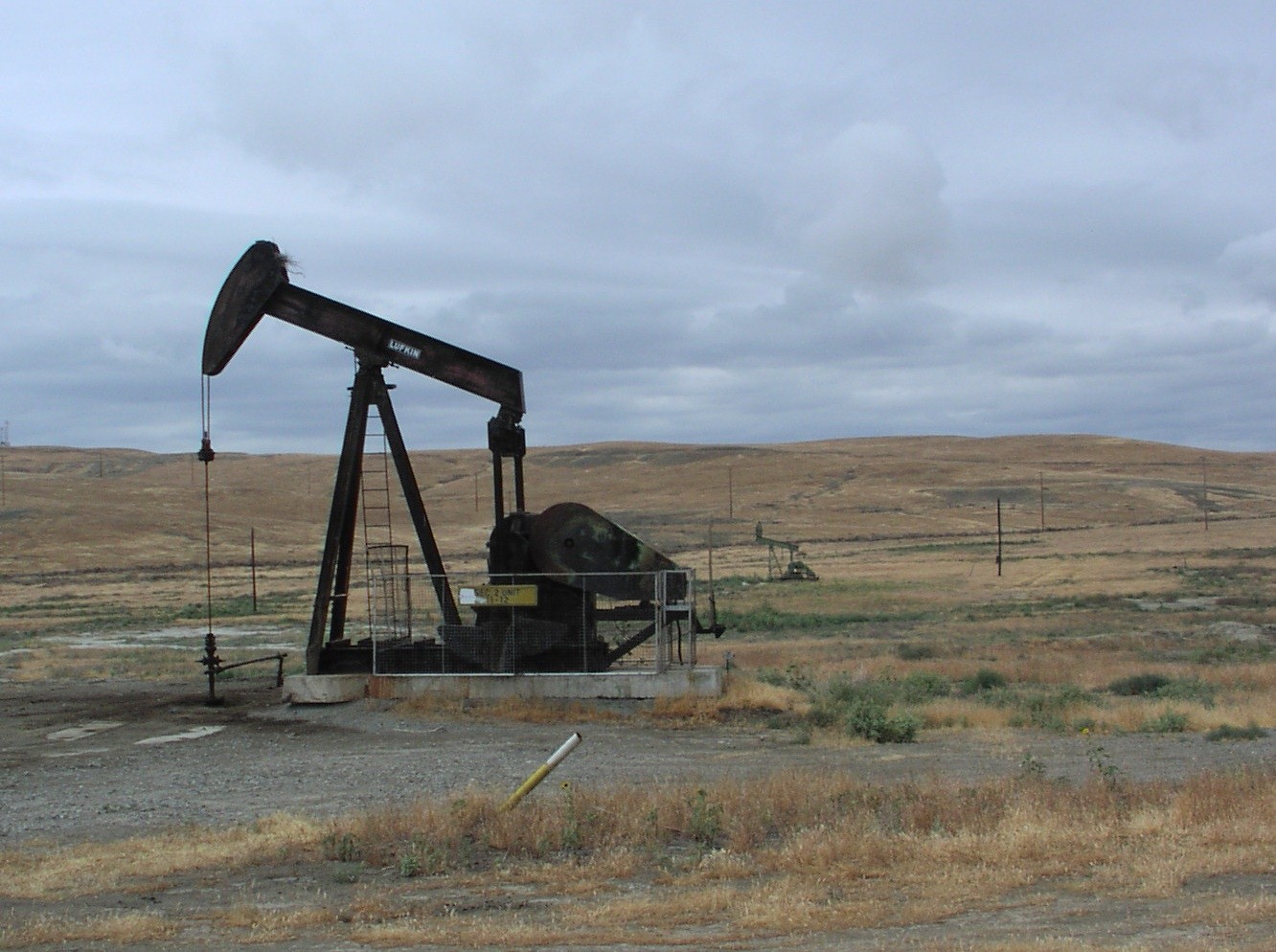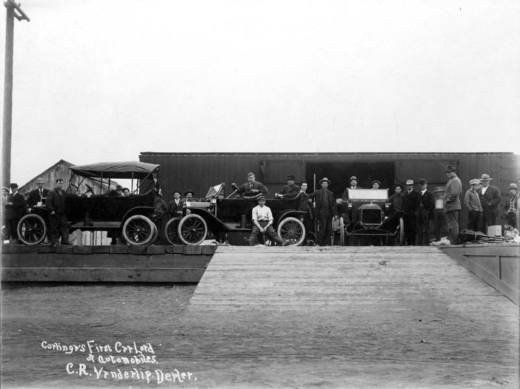A lot of us Californians like to hit the open road, explore miles of highway and venture off onto some back roads. Sometimes, we come across towns with some pretty bizarre and surprising names. For this installment in our series “A Place Called What?!” we head to Coalinga, a city in Fresno County. Know an unusual place name in California? Tell us about it in the comments below, or send a note to calreport@kqed.org.
Bill Morris has lived in Coalinga for 65 years. It's a city of only 16,000 people, but he says he likes it that way. "You don't have to worry about traffic... Coalinga grows on you, that's for sure."
He spends his days as a volunteer docent at the R.C. Baker Memorial Museum in downtown Coalinga, so he knows quite a bit about the history of his adopted hometown.
"Oil definitely made Coalinga," he says.

But before cars came on the scene, coal-powered trains rumbled through Coalinga. In fact, even though oil "made" Coalinga, it's coal that gave the city its name.


